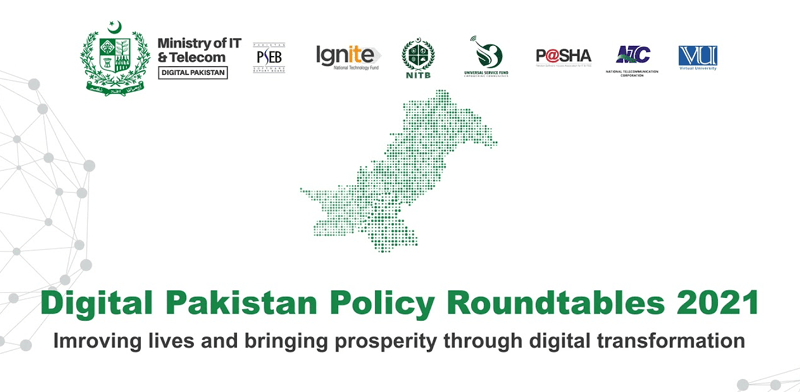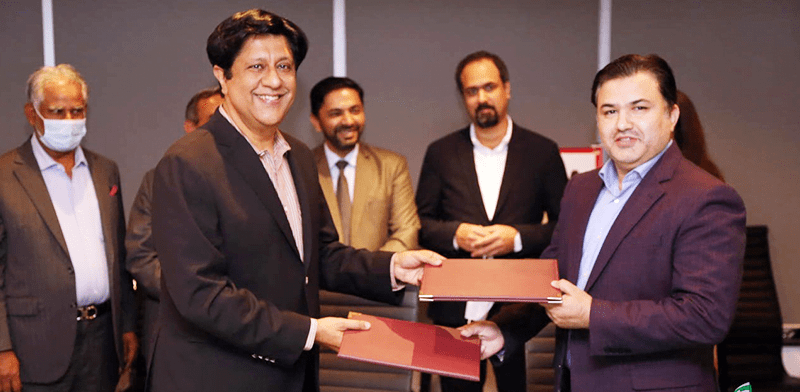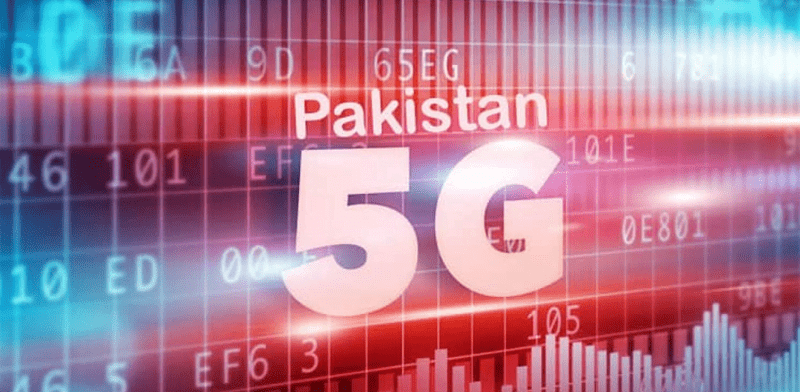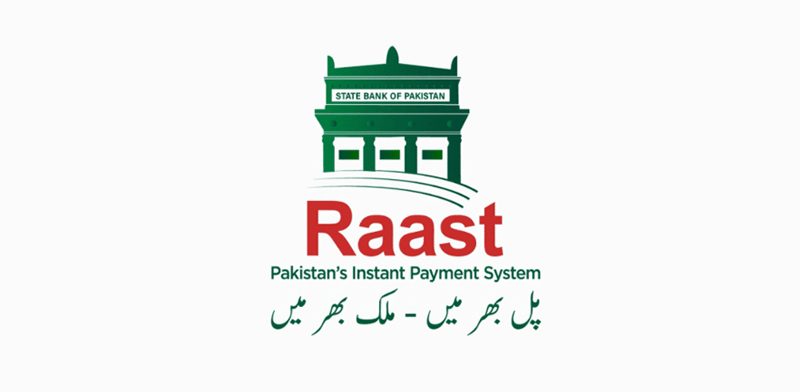Telenor has given a report named “Realizing Digital Pakistan” which asks the government
- Reduce restrictive legislation or heavy taxation on sector
- Reduce or eliminate device and data taxes
- Develop data centers to support cloud computing
- More mentoring and funding for budding entrepreneurs and technology developers for achieving the dream of digitizing Pakistan effectively.
Digital connectivity indicators can be achieved like Malaysia by 2020 by Pakistan but would have to meet prior actions including:
- Use universal services fund (USF) to strengthen fibre backbone
- Sign world Trade organization (WTO) information technologies agreement
- Reduce all activation and service taxes by 25% every year from 2016 to 2020.
The report explained the potential of the country to adopt digital solutions was prepared by the Telenor Group with consultation and collaboration from TechPolis. It shows a possible roadmap which demonstrates how Pakistan can steer digital enablement throughout the country in the next five years.
According to the report, in the coming five years or less, digital connectivity indicators and be attained similar to Malaysia. Five standing points have been made for bringing a better future for the Pakistani people through more usage of digital technologies.
There were five targets set for arriving at the much desired result which are:
TARGET 1: Connect all schools and hospitals to broadband Internet access, and provide all farmers with mobile access and apps
TARGET 2: Triple the 2015 total value of e-Commerce by 2020
TARGET 3: Increase transparency and access to government budgets, policies and services
TARGET 4: Pakistan to establish next-generation iHub technology incubators to resolve local challenges by leveraging technology
TARGET 5: Pakistan to achieve digital connectivity indicators similar to Malaysia by 2020
Tore Johnsen, SVP Telenor Group & Chairman Telenor said:
Pakistan has an immense potential of piloting a sustainable digital turnaround. As shown in the report, this is achieved by embracing innovative digital solutions in areas such as education, health and governance.
With the ambition of delivering Internet for All, Telenor Group strives to be a long-term partner in realizing a Digital Pakistan, together with the government, the private sector, academia and civil society.
The report also contributes to the vision laid out by the Planning Ministry in their document “Pakistan 2025 – One Nation, One Vision.”
Anusha Rahman, Minister of State for IT & Telecom appreciated the efforts by the Pakistan Telenor in seeing the digital competence in Pakistan and its commitment to development of a digital innovation ecosystem in the country. She said:
The comprehensive report launched by Telenor Pakistan reflects how the country proceeds when it comes to utilizing digital technology in various walks of life, and the immense potential it carries for securing a better future for its people.
Telenor Pakistan’s pioneering initiatives towards expanding the overall internet ecosystem in the country including the launch of Pakistan’s first secure online payment solution Easypay by Easypaisa among others were much appreciated by the Minister.
Dr. Ismail Shah, Chairman PTA, said the country is now embracing digital technology as a powerful tool that is not just a means of communication, but a life-changing catalyst.
Along with other cellular operators, Telenor Pakistan has played an important role in making digital technology accessible to the people of Pakistan.
I hope, that the company continues its pursuit of a digital Pakistan where common people have access to better healthcare, education and governance at their fingertips.
Michael P. Foley, CEO, Telenor Pakistan, said Pakistan has a overabundance of digital opportunities and we, at Telenor, envision a future where those opportunities can be utilized to enable widespread digitalization.
With the launch of this report, we are putting countrywide digital access at the center and attaching utmost priority to offering cutting-edge technological solutions to facilitate digital connectivity.
Going forward, Telenor Pakistan aims to play a pivotal role in government’s efforts to promote e-exclusivity for all to foster socio-economic transformation of Pakistan.
The report was introduced by Ricardo Tavares, CEO TechPolis, said Pakistan can leverage the expansion of broadband access to reform public services and the economy and unleash a new era of job creation, quality-of-life improvement and economic growth.
The country can utilize its ample repertoire of technological talent and innovative solutions to revolutionize public services in the domains of education, healthcare, and agricultural assistance.
This report presents a comprehensive view on how Pakistan can truly usher in an era of innovation and progress that can improve the lives of ordinary people. We are immensely pleased to have collaborated with Telenor Group on this report.
For the achieving of digital Pakistan, tight coordination among the private sector, academia, civil society and government is very much required. All together contribute to supporting Pakistan’s move to the digital economy. Streamlining investments from private sectors, government policies and regulations, academia how to and civil society participation for digitalization for everyone’s advantage is a tall order Pakistan will face in reaching its Vision 2025.
For improving the health sector, the urban hospitals and the rural hospitals and clinics must be connected through Internet broadband. Focus will be given to e-Health, e-Education, and e-Agriculture. Mobile Health will help rural people to connect with the state-of-the-art equipment and services in city hospitals. E-Education will provide quality education where there is a lack of teachers and E-Agriculture will give farmers information that helps them improve the quality of their work.
Aligning government policies and regulations, private investment, academic know-how and civil society activism for digitalization to benefit all, is the biggest challenge Pakistan faces in achieving its Vision 2025
USF funds will be a means to guarantee the Internet connectivity among rural and urban areas. Also public and private sectors coming together will be encouraged to develop initial startups on e-Health, e-Agriculture and e-Education.
The Business to Customer (B2C) e-Commerce in Pakistan shows a mine of potential. The report wants to steer clear of restrictive legislation and taxation for letting eServices grow and creating trust in online services’ security. Success of the freelancers, and the ability of Pakistani IT workers inning international awards and qualified, English-speaking workforce display a latency to increase software exports and outsourcing.
Encouraging mobile operators to influence mobile identity with bio-metric identification for authentication of all e-commerce transactions, an e-procurement platform will be looked into for government acquirement and improved trade diplomacy will be given rise to.
E-governance will be encouraged for the promotion of accountability and transparency of the government. Reducing the gap between public’s demand for government services and availability is the principal aim. A central portal for the government which gives access to all the agencies, apps and facilitation of access to the data to increase app development is looked for. This will give the society to monitor government’s performance at different levels.
Entrepreneurship has seen a good growth in Pakistan in the last years. By setting up technology incubators and supporting entrepreneurs with initial funding this sector’s growth can be increased where the public and private sector partnerships will come into picture.
Facilities can be provided by the government, operators, technology vendors and academia all working together, greenfield funding and general mentoring for budding entrepreneurs and technology developers with government agencies and companies posing challenges.
An iHub is to be set up in Islamabad in the new Technology Park which will see the partnerships between operators and technology suppliers. It is also an aim to spread the “Islamabad Experience” to other cities.








